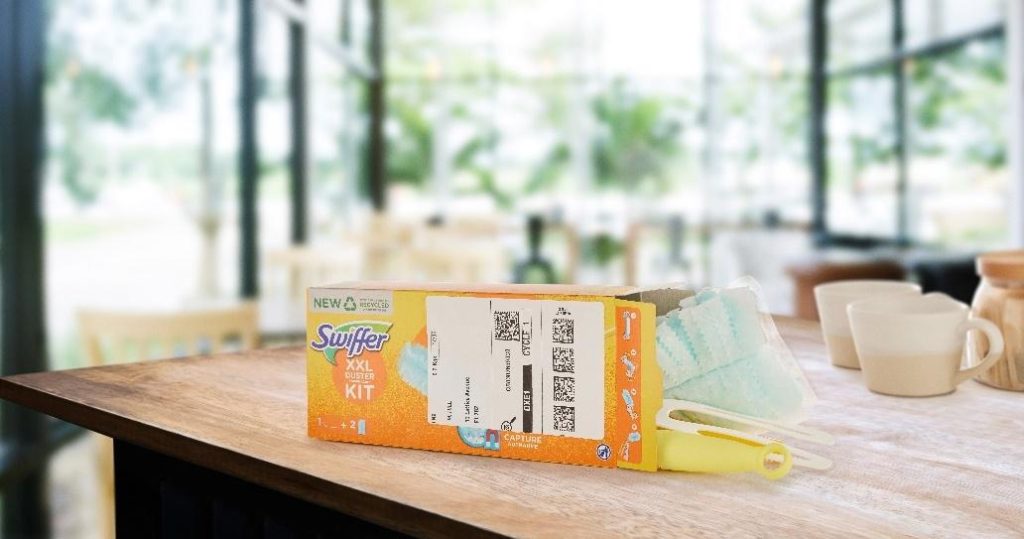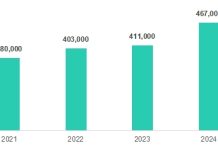A recent study commissioned by Amazon reveals that 77% of Singapore shoppers are open to receiving their online orders without added delivery packaging. This shift reflects a growing preference for eco-friendly practices among consumers.
Key findings from the study include:
- 47% of respondents appreciate the time saved in recycling or disposing of packaging.
- 46% aim to reduce the consumption of packaging materials.
- 45% want to save resources and reduce carbon emissions.
- 43% believe no-added delivery packaging is better for the planet.
This preference aligns with Amazon Singapore’s initiative to deliver essential items like nappies, toilet rolls, and bottled drinks without additional packaging. The approach not only reduces delivery emissions but also minimizes the need for recycling extra cardboard boxes or paper bags. Since 2015, Amazon has globally reduced the weight of outbound packaging per shipment by 41% and eliminated over 2 million tons of packaging material.
Products customers are most comfortable receiving in their original packaging include toilet rolls, detergents, toiletries, clothes, and DIY items. However, items like contraceptive devices, haemorrhoid cream, and high-value electronics such as smartphones and cameras are still shipped discreetly or with added protection.
Procter & Gamble, among other companies, collaborates with Amazon to ship products like Swiffer without additional packaging. Vasantharaj Bharathi, Head of Operations at Amazon Singapore, highlighted the company’s ongoing efforts: “We’ve increased the number of non-grocery orders shipped with no added packaging by 80% since 2021 and continue to work towards more sustainable deliveries.”
The study also found that 80% of Singaporeans prefer shopping with retailers that reduce packaging material. Among them, 39% prioritize reducing delivery packaging, 29% value reusable packaging, and 26% want all packages to be recyclable.
To ensure safe delivery, products shipped without added packaging pass rigorous drop tests. This is reassuring for 57% of surveyed shoppers concerned about potential damage. Additionally, 31% of shoppers gain confidence from Amazon’s refund or replacement policy for missing items.
Amazon’s global efforts include working with manufacturers to design packaging that eliminates the need for additional delivery materials. Where necessary, Amazon uses machine learning to make smart packaging choices that use minimal material while protecting orders.
Amazon’s commitment to sustainability extends beyond packaging. As co-founder and first signatory of The Climate Pledge, Amazon aims to reach net-zero carbon by 2040 and achieve 100% renewable energy across its operations by 2025. The pledge now has over 450 signatories across 57 industries and 38 countries.















